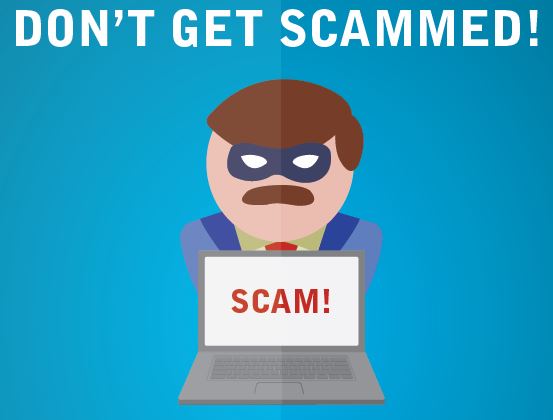With tax season looming, cyber criminals are gearing up to take advantage of unsuspecting Canadians by posing as the Canada Revenue Agency (CRA). These scams request personal information often using threatening or coercive language to scare individuals into paying fictitious debt, receive funds, or a link to a fake CRA website. These communications can come by telephone, mail, text message or email.
Email Phishing Scams:
Criminals use phishing emails to trick users into handing over personal data and online passwords. Phishing emails often use official logos or insignias, or by using legitimate web address in the hyperlinked text of the email. But once you click on the link it takes you to a malicious website.
The following information has been extracted from CRA Website (https://www.canada.ca/en/revenue-agency/corporate/security/protect-yourself-against-fraud.html)
Know how to recognize a scam
There are many fraud types, including new ones invented daily.
Taxpayers should be vigilant when they receive, either by telephone, mail, text message or email, a fraudulent communication that claims to be from the Canada Revenue Agency (CRA) requesting personal information such as a social insurance number, credit card number, bank account number, or passport number.
These scams may insist that this personal information is needed so that the taxpayer can receive a refund or a benefit payment. Cases of fraudulent communication could also involve threatening or coercive language to scare individuals into paying fictitious debt to the CRA. Other communications urge taxpayers to visit a fake CRA website where the taxpayer is then asked to verify their identity by entering personal information. These are scams and taxpayers should never respond to these fraudulent communications or click on any of the links provided.
To identify communications not from the CRA, be aware of these guidelines.
If you receive a call saying you owe money to the CRA, you can call us or check My Account to be sure.
If you have signed up for online mail (available through My Account, My Business Account, and Represent a Client), the CRA will do the following:
- send a registration confirmation email to the address you provided for online mail service for an individual or a business; and
- send an email to the address you provided to notify you when new online mail is available to view in the CRA's secure online services portal.
The CRA will not do the following:
- send email with a link and ask you to divulge personal or financial information;
- ask for personal information by email or text message;
- request payment by prepaid credit card;
- share your tax information with another person or organization, unless you have agreed that it can be shared;
- leave personal information on an answering machine;
- threaten or use nasty language.
-
Exception:
If you call the CRA to request a form or a link for specific information, a CRA agent will forward the information you are requesting to your email during the telephone call. This is the only circumstance in which the CRA will send an email containing links.
- ask for personal information of any kind by email or text message.
- request payments by prepaid credit cards.
- give taxpayer information to another person, unless formal authorization is provided by the taxpayer.
- leave personal information on an answering machine.
When in doubt, ask yourself the following:
- Did I sign up to receive online mail through My Account, My Business Account, or Represent a Client?
- Did I provide my email address on my income tax and benefit return to receive mail online?
- Am I expecting more money from the CRA?
- Does this sound too good to be true?
- Is the requester asking for information I would not provide in my tax return?
- Is the requester asking for information I know the CRA already has on file for me?
If you do have a debt with the CRA and can't pay in full, take action right away.

